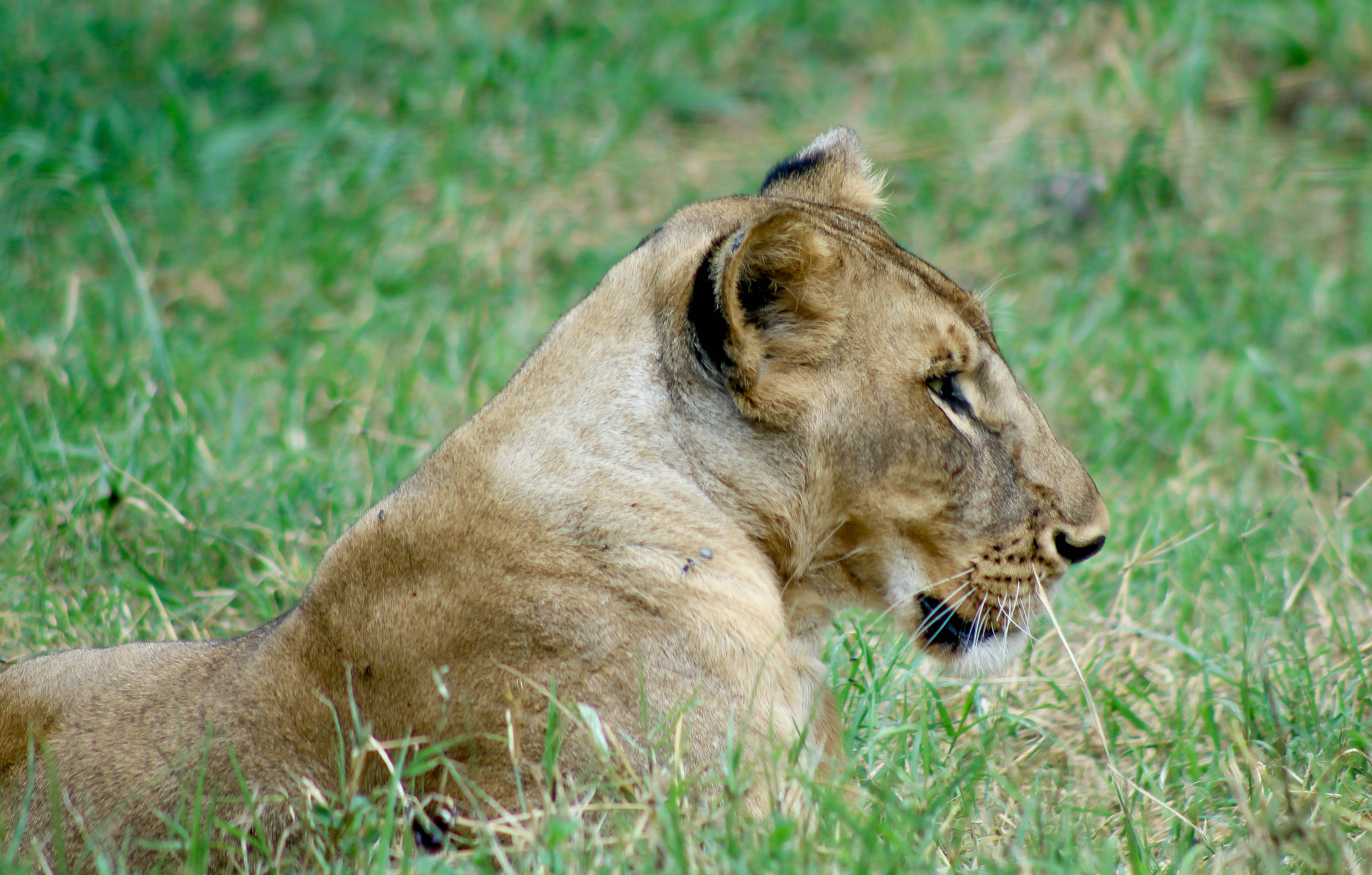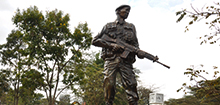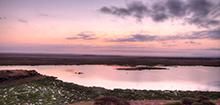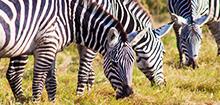
Date Published:
Every year since 2013, on August 10th, the world comes together to celebrate World Lion Day, an occasion that provides a global platform to raise awareness about the majestic endangered species that once roamed over a vast portion of the ecosystem; ‘The Lion.’ Often referred to as the “King of the Jungle,” lions are iconic creatures, known for their beauty, social structures and strength.
However, despite their historical significance and cultural importance, lions have continuously faced numerous threats that have led to habitat loss and a commensurate drastic decline in their populations. The recent retaliatory killings of several lions in Kajiado, Kenya, due to human-lion conflict fueled by competing land-use interests between humans and lions is a clear indication of the dangers these big cats face every day.
As a result, the World Lion Day serves as not only a celebration but also as a rallying cry for government-mandated entities such as the Kenya Wildlife Service (KWS), conservation partners, NGO’s, communities, national and county government and individuals to join hands and actively protect the diminishing lion population. Focusing on the challenges they face, this day aims to educate, mobilize people and to heighten their determination to preserve our biodiversity.
In line with this year’s World Lion Day theme, ‘Reducing human-lion conflict through enhanced collaboration with communities,’ KWS, in partnership with stakeholders has developed and is implementing the 2nd edition of the National Recovery and Action Plan for the Lion and Spotted Hyena in Kenya (2020-2030), to address these threats, with the vision of sustaining viable populations of lions and spotted hyenas in healthy ecosystems.
KWS aims at increasing the population of lions in the country - which currently stands at just over 2000 - to help boost their numbers across the continent, estimated to be between 20,000-35,000. This will be achieved by addressing the grass root causes of human-lion conflicts intended to promote peaceful coexistence between lions and local communities.
This day challenges us to reflect on our shared responsibilities as conservationists and demonstrate our love and passion for preserving earth’s biodiversity. We all have a role to play and meaningful ways to enhance lion conservation, by supporting conservation organizations, advocating and implementing anti-poaching laws and making sustainable choices in our daily lives, such as protecting lions’ natural habitats by reducing our impact on the environment. This in turn provides a safe and healthy environment suitable for lions.
World Lion Day is a reminder of the beauty and the plight of the lions in the wild. On the one hand, we mourn their brutal killings and loss of their natural habitats while at the same time celebrate the excitement and the thrill we experience as we celebrate Mother Nature through game drives. Therefore, it is a call for both individual action and collaboration between communities, partners and government to ensure the survival of these beautiful creatures. Only this way can we guarantee future generations a chance to marvel at the majesty of the “King of The Jungle,” in real time, not just through stories, taxidermy and pictures in museums, but in their natural habitats.





